Steps to Homeownership
Determine your budget and get pre-approved:
Assess your financial situation, including your income, savings, and credit score. This will help you determine a realistic budget for your home purchase. Getting pre-approved for a mortgage will give you a clear idea of how much you can borrow from a lender.
Find a real estate agent & Start house hunting:
Engage the services of a reputable real estate agent who specializes in the area where you want to buy a home. They will guide you through the process, help you find suitable properties, and negotiate on your behalf.
Work with your real estate agent to search for homes that meet your criteria. Attend open houses, schedule private showings, and explore online listings to find potential properties. Consider factors such as location, size, amenities, and price.
Negotiate and finalize the contract:
Once you find a home you like, your agent will help you prepare and submit an offer to the seller. This offer will include the proposed purchase price, contingencies (such as inspections and financing), and a deadline for the seller to respond. The seller may accept your offer, reject it, or make a counteroffer. Negotiations may involve price adjustments, repairs, or other terms. Once both parties agree on the terms, you will sign a purchase agreement or contract.
Complete inspections & Secure financing:
Hire a professional home inspector to assess the property's condition and identify any potential issues. Review any necessary documents, such as property disclosures and reports. If any major issues are discovered, you may negotiate repairs or reconsider the purchase.
Work closely with your lender to complete the mortgage application process. Provide the necessary documentation, such as income verification, bank statements, and appraisal reports. The lender will evaluate your application and determine the loan terms.
Obtain homeowner's insurance:
Shop around for homeowner's insurance policies and select one that suits your needs. The lender will require proof of insurance before closing.
Move-in and enjoy your new home:
After the closing, you will receive the keys to your new home. Coordinate with movers, transfer utilities, and settle into your new property. Don't forget to update your address with relevant parties, such as the post office, banks, and insurance providers.

